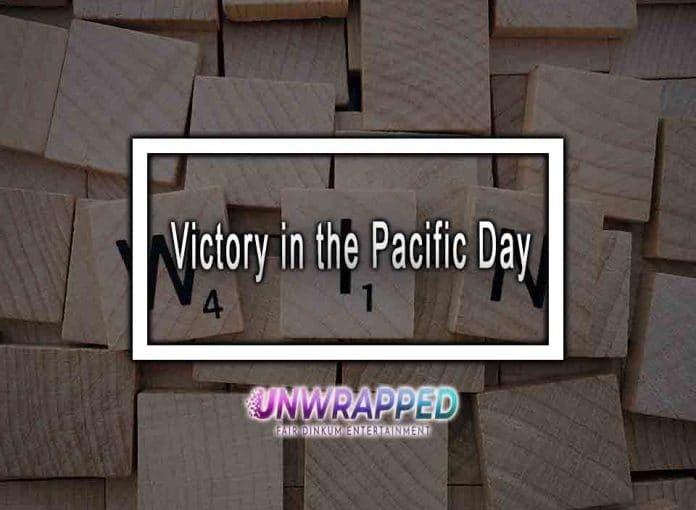Victory in the Pacific Day is celebrated every year on 15 August. This date marks the 14th anniversary of Japan’s unconditional surrender to the Allies on 14 August 1945. It potentially signaled the end of the Second World War for Australians. The next day, 15 August, is known as Vice President Day. In August 1945, the Australian government declared VP Day a national holiday, and most media covered the event.
Website: https://www.awm.gov.au
History
Victory in the Pacific Day commemorates the day, on 15 August 1945, when Japan formally surrendered to the Allies, that Australia finally celebrated the war’s end. After then-Prime Minister Ben Chifley announced Australia had finished the war in a six-minute radio speech aired nationally, the Australian government made VP Day a public holiday in 1945.
Imperial Japan surrendered days after the United States detonated atomic bombs on Hiroshima and Nagasaki, ending World War II. The Japanese announced the surrender on 15 August 1945, albeit it was received in the United States on 14 August owing to time differences. On 2 September 1945, USS Missouri’s battleship had an official surrender ceremony on its deck. President Harry S. Truman recognized 14 August as Victory Day in 1946.
Significance
Victory in Pacific Day, often known as ‘VP Day,’ is observed in Australia and worldwide. It’s a date we’ll never forget since it’s the anniversary of the conclusion of World War II. On 15 August 1945, Japan agreed to the terms of the Allied Nations’ surrender, and Australia’s Prime Minister, Ben Chifley, declared the war ended. In Australia’s history, World War II was a pivotal event. During the conflict, about a million Australians fought in the military.
We commemorate Australia’s military contributions in the Pacific area on VP Day, including Singapore, Borneo, Malaya, Papua New Guinea, and New Britain, from 1942 to 1945. It was a period when people put in long hours and worked together to defend the country. We honor those who fought in the battle. Approximately 40,000 Australians were unable to return to their families. Over 17,000 of them perished fighting against Japan, with 8000 dying while held captive by the Japanese.
Also Enjoy: The Screaming Jets Concert











